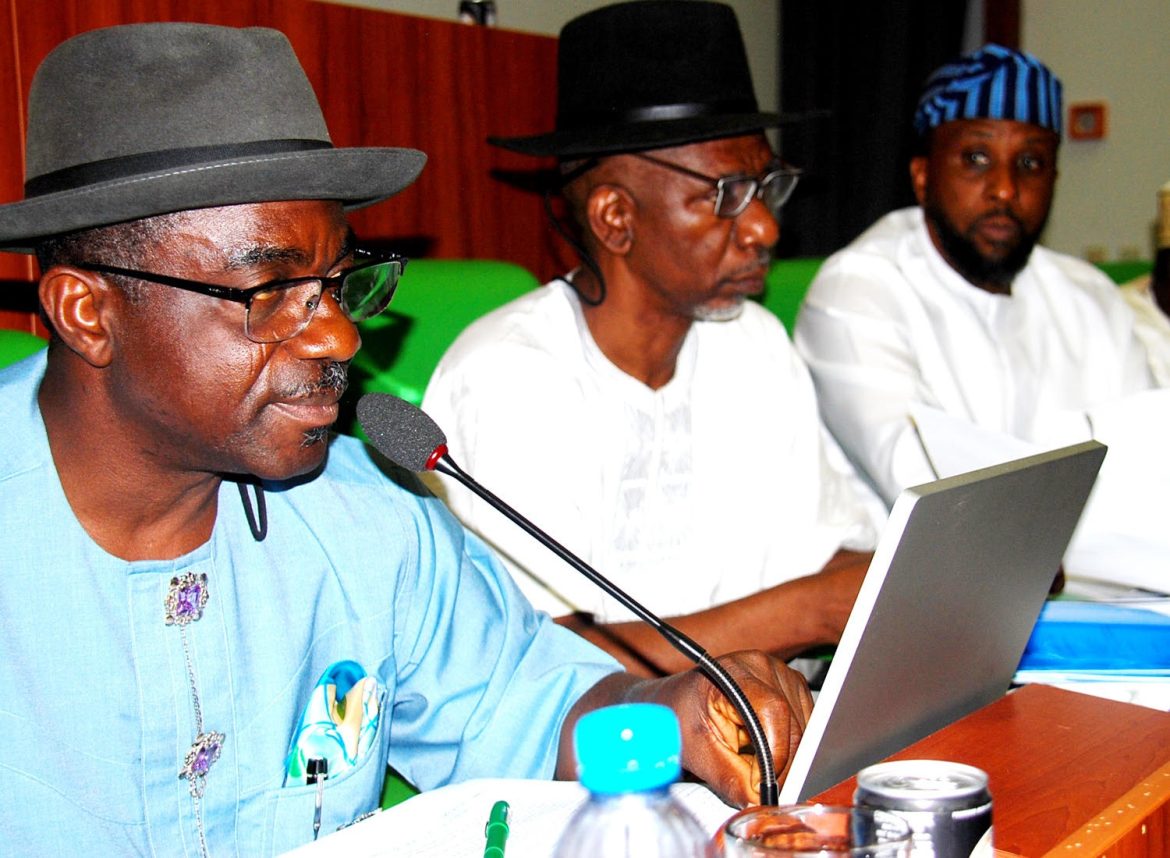495
By Tracy Moses
Indigenous groups from the Federal Capital Territory (FCT) have kicked against the Federal Capital Territory Administration’s (FCTA) relocation policy, describing it as a violation of their fundamental rights and an affront to both legal and ethical standards.
They instead advocated for a more inclusive urban development framework, one that respects their heritage, ensures equitable treatment, and promotes a sense of belonging within Nigeria’s capital city.
This position was presented on Tuesday during a public hearing held at the National Assembly Complex, Abuja, organized by the House of Representatives Committee on Area Councils and Ancillary Matters.
Declaring the hearing open, the Speaker of the House of Representatives, Rt. Hon. Tajudeen Abbas, represented by Hon. Joe Oke Onuakalusi, encouraged participants to engage candidly. He noted that the insights from such engagements are critical in shaping responsive and inclusive legislation.
Abbas underscored that addressing the grievances of FCT natives is essential not only for fostering stability within Abuja but also for advancing justice and equality across the country. He noted that the challenge of integrating FCT indigenes has persisted across successive administrations and remains central to the nation’s broader quest for fairness and constitutional balance.
Chairman of the Committee, Hon. Fredrick Agbedi, explained that the public hearing stemmed from a motion urging lawmakers to examine improved strategies for managing the resettlement and integration of both indigenous and non-indigenous populations in the FCT.
“The Federal Capital Territory is a reflection of Nigeria’s unity. It is meant to be a home for all, regardless of ethnicity, religion, or region,” Agbedi said. “However, as the city grows and becomes more cosmopolitan, it also faces complex issues, especially those involving the displacement of natives, unclear land ownership laws, and the tension between traditional land rights and modern urban development policies.”
He affirmed the committee’s commitment to carefully reviewing all stakeholder contributions and pledged that the 10th Assembly would seek legislative remedies aligned with the collective interests of Nigerians.
During the session, the Director of Resettlement and Compensation at the Federal Capital Development Authority (FCDA), TPL Nasiru Suleiman, requested a two-week extension to finalize and submit the agency’s official position paper. The committee granted the request.
Also speaking, Chief Usman Nga Kupi, the Sepeyi of Garki—representing the Ona of Abaji—voiced deep concerns over the continued marginalization of indigenous FCT communities. He lamented the loss of ancestral lands and cultural heritage in the name of national development.
In a similar vein, Hon. Bala Iya, representing the Kpaduma community, condemned what he described as a persistent pattern of exclusion and injustice. He highlighted instances where indigenous farmlands were seized without compensation, thereby severing communities from their cultural and spiritual roots.
He emphasized that any credible resettlement plan must include adequate land allocation, issuance of proper land titles, and financial support to enable sustainable development, all in accordance with the provisions of Development Control.
Adding to the calls for reform, the Original Inhabitant Development Association of Abuja demanded a constitutional amendment to guarantee equal rights for FCT natives. Represented by Giwa Bamaiyi, the group’s president, Pastor Danladi Jeji, also advocated for the establishment of a National Commission for Indigenous Peoples to address deep-rooted marginalization and structural inequality.
The hearing concluded with a renewed commitment from the committee to engage all relevant stakeholders and ensure that the voices of FCT indigenes are reflected in future policies and legislative actions.



